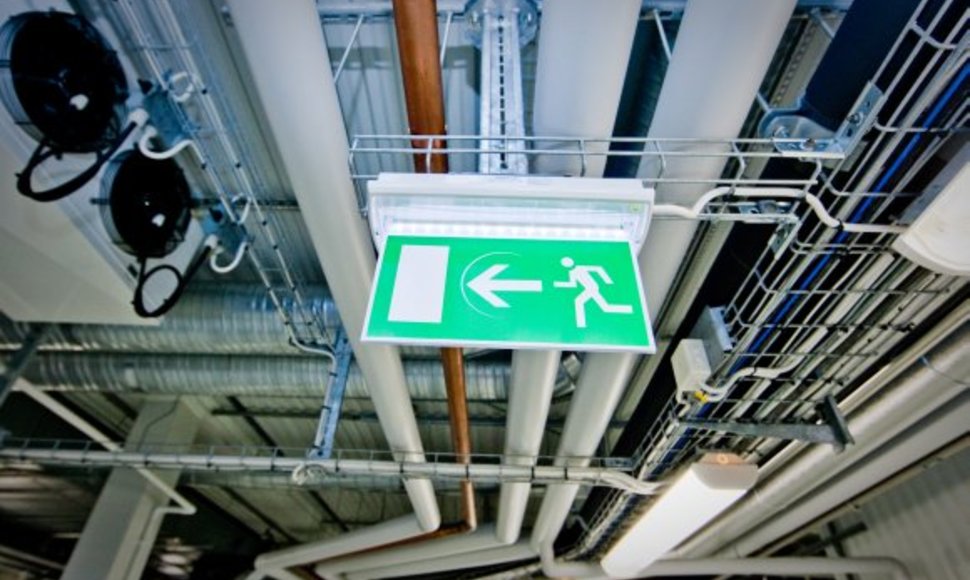In his family soviet-era apartment in Kaunas, Robertas Yla is getting ready to say goodbye. His bag is packed with gifts, but the mood is somber and subdued. His mother tries not to cry. This was just a brief visit to his homeland. His home for the last ten years with his wife and children has been Dublin in Ireland
"I couldn't manage at the time to stay in Lithuania and work for nothing and support my family. No money to pay for diapers, everything, all the food for baby so expensive,” says Robertas, construction worker.
In 2010, a record 80,000 Lithuanians emigrated, in 2011, another 54,300 left the country. It sounds small but that was 1.5 percent of the population. And 60 percent of those leaving were aged between 15 and 34.
Lithuania's economy has been as slow moving as the frozen river Neris in the capital Vilnius. GDP shrank by staggering 15 percent in 2009, unemployment leapt above 17 percent last year.
However, the optimistic Prime Minister says there are numerous projects now drawing educated Lithuanians back home.
"For example, in Lithuanian Club of London City, they are bringing them back to work here in Lithuania,” says Lithuanian Prime Minister Andrius Kubilius. “Because they have good education, they have good expertise working in some global companies, and they are coming back and they are bringing what is very much needed for Lithuanian development."
Indeed, an unscientific straw poll in a near-by coffee shop revealed mixed opinions.
"I want to do something big and I don't see how I can do it here," says a teen-aged Lithuanian.
Others were less pessimistic.
"I love my country, actually,” says another girl in the coffee shop in Vilnius. “And I don't think that there is better life in other countries than Lithuania."
There are positives to emigration: better qualifications, vital international experience. And Lithuanians oversees sent more than 1.5 billion dollars home to their families in 2010.
But there's no getting away from the downsides. The latest economic data is actually rather good. The outlook for Lithuania is promising, but a full recovery will take considerable time. And Robertas and tens of thousands of Lithuania's brightest and best are simply not prepared to wait.
Al Jazeera is is a news broadcaster owned by the state of Qatar. It shot to sudden popularity after 11 September 2001 terrorist attacks in New York. Set up as an independent news channel, it is part of the effort by Qatar's rulers to transform the country into a modern democracy.













